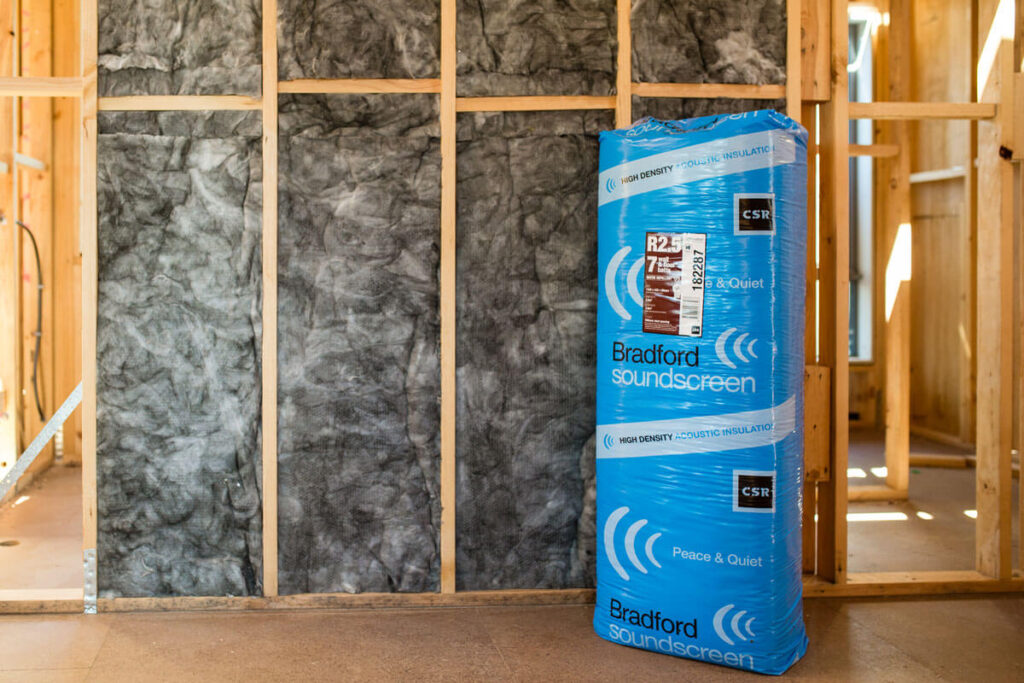Are you dealing with constant noise, either from inside or outside your house? Are you looking for an effective way to minimise sound disturbances within the home? If so, you’ve come to the right place. In this blog post, we will be discussing what Sound Insulation is and how it works in order to reduce any unwanted or excessive sounds.
Sound insulation is an important factor in any building, but it’s often overlooked until problems arise. Too much noise can be a distraction, impair focus, and even have an effect on our health. Understanding what it takes to soundproof a room or building is essential for creating a peaceful and comfortable atmosphere.
Introduction to Sound Insulation
Sound insulation is an important part of any building, helping to reduce noise pollution and improve sound quality. It is especially important in areas with high levels of ambient noise, such as near an airport or a busy road. It can also be beneficial in schools or homes, allowing for better concentration and less distraction.
Sound insulation works by absorbing or blocking sound waves, which helps to reduce the amount of noise that is heard. It is usually done by adding extra layers of insulation material to walls and ceilings, such as foam or fiberglass. Additionally, soundproofing windows can be an effective way to help reduce the amount of outside noise that enters a building. All these measures can help to ensure that the space is comfortable and sound quality is improved.
It is important to ensure that the right type of insulation material is used in order to effectively reduce sound levels. Sound insulation is a process used to control the sound levels in a room or building. Different materials can be used to reduce sound levels including foam, fiberglass, and mineral wool. Each material has its own unique properties which makes them suitable for different environments. A combination of these materials may be used to create an effective sound insulation barrier that will reduce sound levels and increase the acoustic comfort of a space.
Additionally, soundproofing techniques such as acoustic panels provide an effective way to reduce sound levels in home and commercial environments. They are incredibly simple to install, and have the added advantage of improving the overall acoustic quality of a space. Acoustic panels also offer considerable cost savings compared to more expensive methods of reducing noise levels.
Benefits of Sound Insulation
Sound insulation can help reduce unwanted noise from entering a home or office. Whether it’s the sound of traffic from outside or noise from other tenants in an apartment complex, sound insulation can be used to reduce its impact. There are several ways to achieve sound insulation, such as using spray foam, soundproofing drywall, or acoustic foam.
Depending on the type of noise and the space that needs to be insulated, the most effective solution can be found. With the right sound insulation, living or working in a noisy environment can be much more bearable.
It can also help improve the overall acoustic quality of a space by dampening sound reverberations. Sound insulation is an effective way to reduce the amount of sound that passes through walls, ceilings, and floors. By providing an effective barrier between different spaces, sound insulation can reduce the amount of sound traveling between rooms, which can help to create a quieter and more peaceful environment. Sound insulation can also help to reduce background noise and echoes, allowing people to enjoy their music, TV, and conversations at a more comfortable level.

